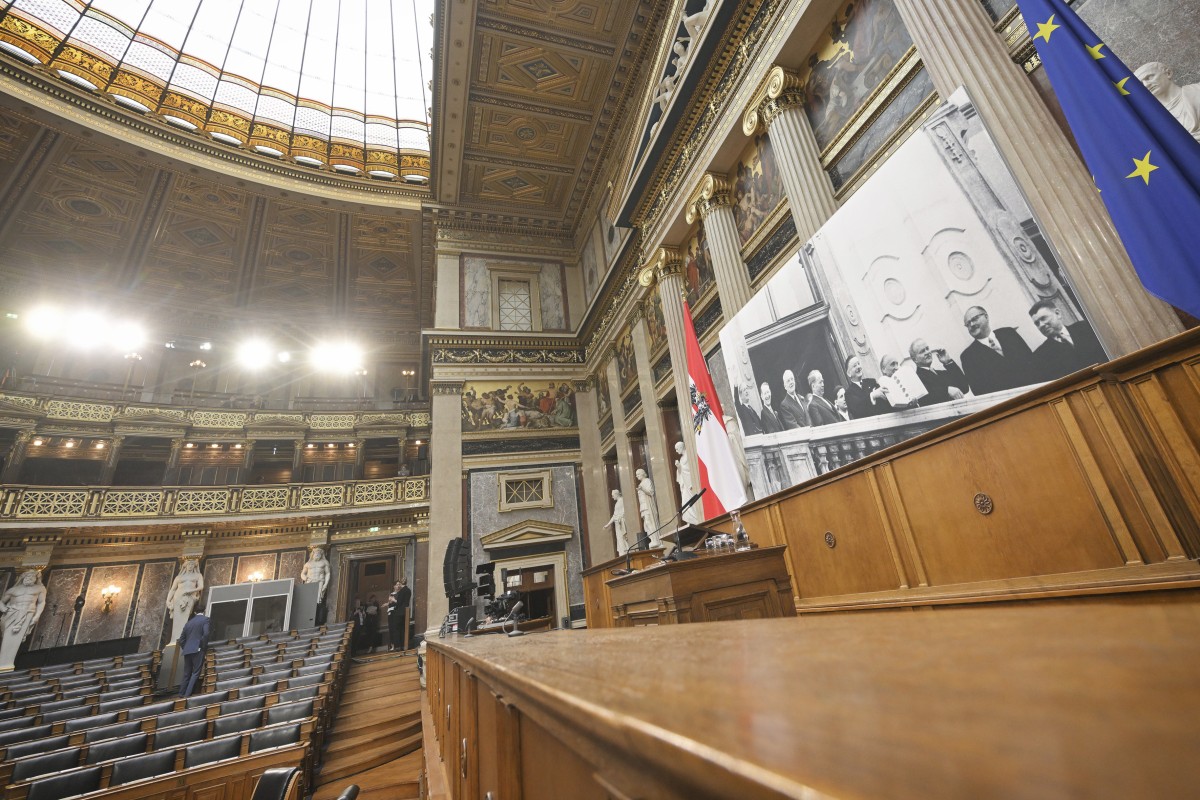Sponsored Content
“Austria is free” - 70 Years of the State Treaty: A Reminder and Mission in Turbulent Times
On May 15, 2025, Austria celebrated the 70th anniversary of the signing of the State Treaty of 1955 with a ceremonial act of state. The events took place both in parliament and in the palace gardens of the Upper Belvedere and commemorated the historic moment when Foreign Minister Leopold Figl proclaimed the words “Austria is free!”.
 The celebrations to mark the 70th anniversary of the State Treaty underlined the continuing importance of freedom, neutrality and democratic responsibility in Austria. / Picture: © Parlamentsdirektion/ Johannes Zinner / Bild ID: 20159502
The celebrations to mark the 70th anniversary of the State Treaty underlined the continuing importance of freedom, neutrality and democratic responsibility in Austria. / Picture: © Parlamentsdirektion/ Johannes Zinner / Bild ID: 20159502
The Republic commemorated this historic milestone with a multi-part state ceremony in Parliament and Belvedere Palace. Politicians from all parties, contemporary witnesses, international guests, and representatives of civil society gathered to commemorate the beginning of the Second Republic as a sovereign state and to resolutely confront the current challenges to freedom and…
or Log In
Fast News Search





